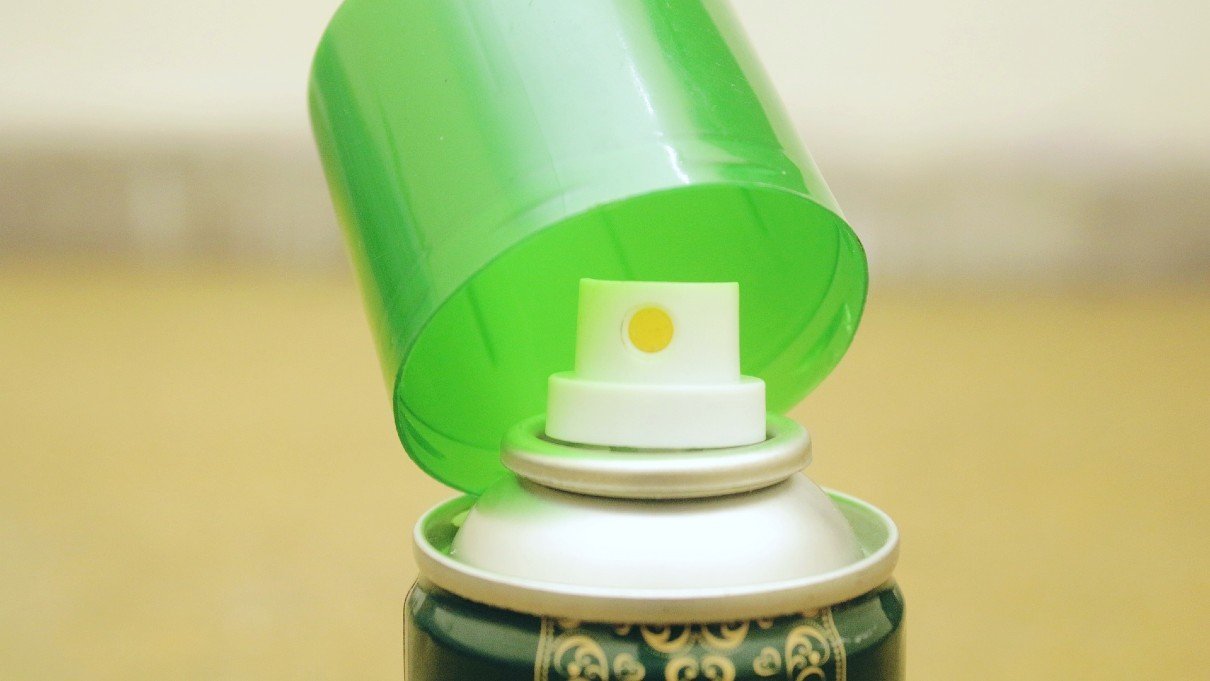Are Aerosol Cans Recyclable?

Over the years, aerosol cans have become a permanent fixture in our homes. They house hair sprays, pesticides, and even air fresheners.
But what happens when they are empty? Do we just toss them out with the trash? Can they be recycled?
If this is something that has been bothering you, you’ve come to the right place. Scoot over and we’ll tell you all you need to know about recycling aerosol cans.
Are aerosol cans recyclable?
In some states like Colorado and California, aerosol cans are even banned from landfills and have to be recycled. As a result, there are more opportunities for the collection of aerosol cans in these states.
Why should you recycle aerosol cans?
Since aerosol cans are usually made of aluminum or steel, both of which are high-value and recyclable metals, it makes no sense to just throw them out.
Also, aerosol cans disposed of in the trash may end up exploding when crushed in the landfill. Yet if they are recycled, they are usually safely punched.
How do you prepare your aerosol cans for recycling?
Before you submit your aerosol cans for recycling, there are some things you need to do. These include:
- Ensure your can is empty before you toss it in the recycle bin. No matter what the can contained, shake it to see if there is anything left inside and spray it out until empty if necessary.
- Don’t punch a hole through your can – it may explode and hurt you.
- Remove the can’s cap and recycle it separately.
- Confirm with your local authorities whether they accept aerosol cans with other metal cans or classify them as Household Hazardous Waste (HHW).
How are aerosol cans recycled?
Once your aerosol cans are collected for recycling, they are usually delivered to a material recovery facility. Here, the cans are punctured using special equipment, and any remaining liquids are removed.
Then a magnet is used to separate aluminum and steel cans – the latter is magnetic and the former isn’t. Afterward, the cans are crushed, baled, and sent to a recycler.
Are aerosol cans bad for the environment?
Although aerosol cans historically had a bad rap due to their link to chlorofluorocarbons (CFCs), things have changed over the years.
In 1978, the US banned the use of these chemicals and somehow redeemed these cans.
While some people are still concerned about these cans’ emission of volatile organic compounds (VOCs) that contribute to smog, they have much more in their favor. This includes their recyclability, long shelf life, and minimum spillage.
But if this still doesn’t ease your concerns, there are many aerosol alternatives in the market today that you can choose from.
Recycle! Recycle! Recycle!
No matter how you look at it, recycling is the best way to dispose of aerosol cans. And it doesn’t even take much of you.
